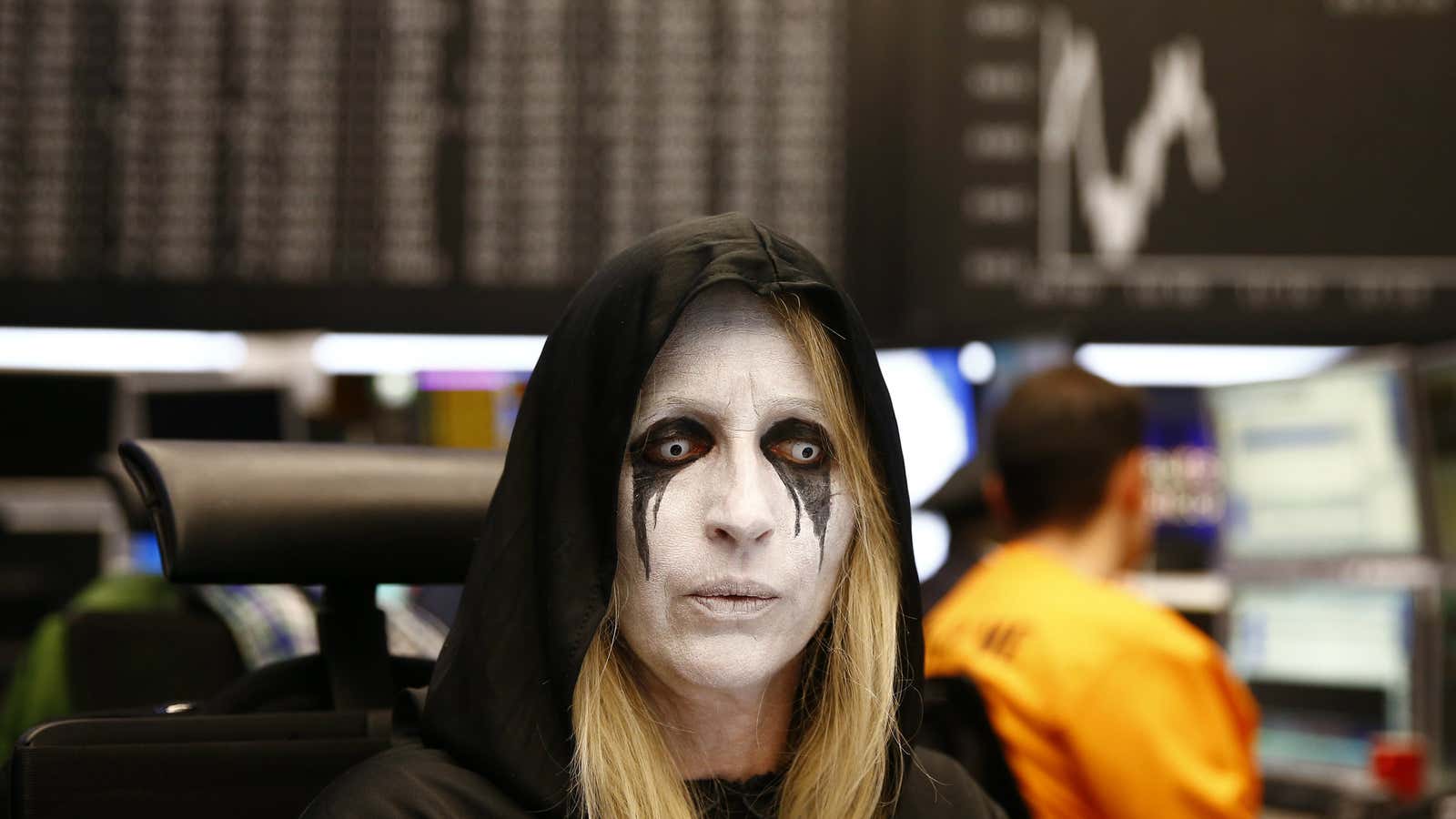Two extraordinary things happened to the economics profession in the last 20 years. Economics became the most popular course at many universities and the financial crisis seriously damaged the field’s credibility.
No wonder there’s a major rethink underway on how economics is taught. But the traditional economics taught to undergraduates held up better than many people realize. In order to help today’s students understand the new economic order, we don’t need to throw out existing models. Instead we need to teach more economic history. One of the best parts of my economics education was the two years of economic history I took as an undergraduate. Those courses still influence how I understand the evolution of markets. Most important, they gave me a long-term perspective and awareness that understanding the economy requires both a solid intellectual framework and an openness to new ideas.
A few years ago, a few British students demanded economics be redefined in its scope and methods. A write-up of their demands contains a forward by eminent Bank of England economist Andrew Haldane and it provoked a serious discussion among educators. Now, a recent BBC report claims the cause is finding allies all over the world.
The British students claim they want to be taught a more diverse point of view. But it seems they are already getting that, they just don’t know enough to realize it. For example, Diane Coyle notes they seem to think all theories that aren’t Marxist are neoclassical (one traditional school of thought). This is just plain wrong—and totally ignorant of all the competing schools of economic thought typically taught in most economics departments.
While the students have some valid criticisms, their sloppy, inaccurate portrayal of mainstream economic theory (they also call out the mainstream, top-tiered “Chicago Journal” which isn’t an economics journal) suggests they’ve barely studied the subject they think needs radical change.
Before we tear apart economics education, let’s take a step back and clarify what economics aims to do. Economics offers a series of parables to help us understand how the economy works. The parables are abstractions that make many simplifying assumptions because the world is too complicated to capture in a simple model. Economists may argue about which assumptions are appropriate or what the best framework is to describe a problem, but this does not mean any one approach is totally wrong. Often it’s not that one model is wrong, it is just applied to the wrong problem.
For instance, most undergraduates are introduced to Keynesian ideas through the IS/LM model. The model describes a snap-shot of an economy in a recession. But it is less useful to understand how an economy develops over the long term or how risk and uncertainty matter. It’s a great model to answer some questions, but terrible for others. But it is not always obvious, even to top economists, when to use what model. That is where the divisions arise.
As the economy changes, it demands new models, modifications of old ones, and more creative applications. Behavioral economics gained momentum after the crisis because it explores how human decision making is not always as rational as traditional models predict. But it does not require throwing out old models; economists often merely tweak existing ones to accommodate a range of human behaviors. Harvard economist’s David Laibson’s influential work combines behavioral insights and traditional models. It is impossible to understand behavioral economics without first learning how it does and doesn’t change basic foundations.
Economics education, at all levels, aims to offer an overview of different models and how to apply them. But understanding the models takes hard work and often some math, which can be abstract and unpleasant. This is precisely why an economics education is so valuable. Life requires the ability to balance different narratives, determine what assumptions matter, and how to build on existing knowledge. Often good problem solving in any field requires skill, expertise, discipline, being open to different points of view, and sometimes a little discomfort.
American economist Noah Smith also thinks economics education needs an overhaul. He believes statistics, rather than theory, should be central to economics training. Right now statistics is important, but as a tool to help understand and validate theory. It is not taught until students are further along in their economics education. Smith thinks it should be the other way around in order to prevent students from putting too much weight on one theory.
But for the same reasons the British students are wrong, Smith misses the point. Statistics without theory is pure data science. It doesn’t tell you much about why certain relationships, say inflation and unemployment, matter. Nor does it offer insight into how different economic factors influence each other. Statistics are a useful way to validate theories and infer which one is the right one to use. Data empower researchers to understand how and why different theories sometimes fall short. But without a solid theoretical grounding pure statistics lack meaning.
An economics education aims to provide framework to better understand how the world works. It isn’t fortune telling, moral philosophy, or pure statistics—and never has been. Economics education can stand some improvement, but first we must appreciate what it is and aims to do and build on existing knowledge as the economy evolves.
